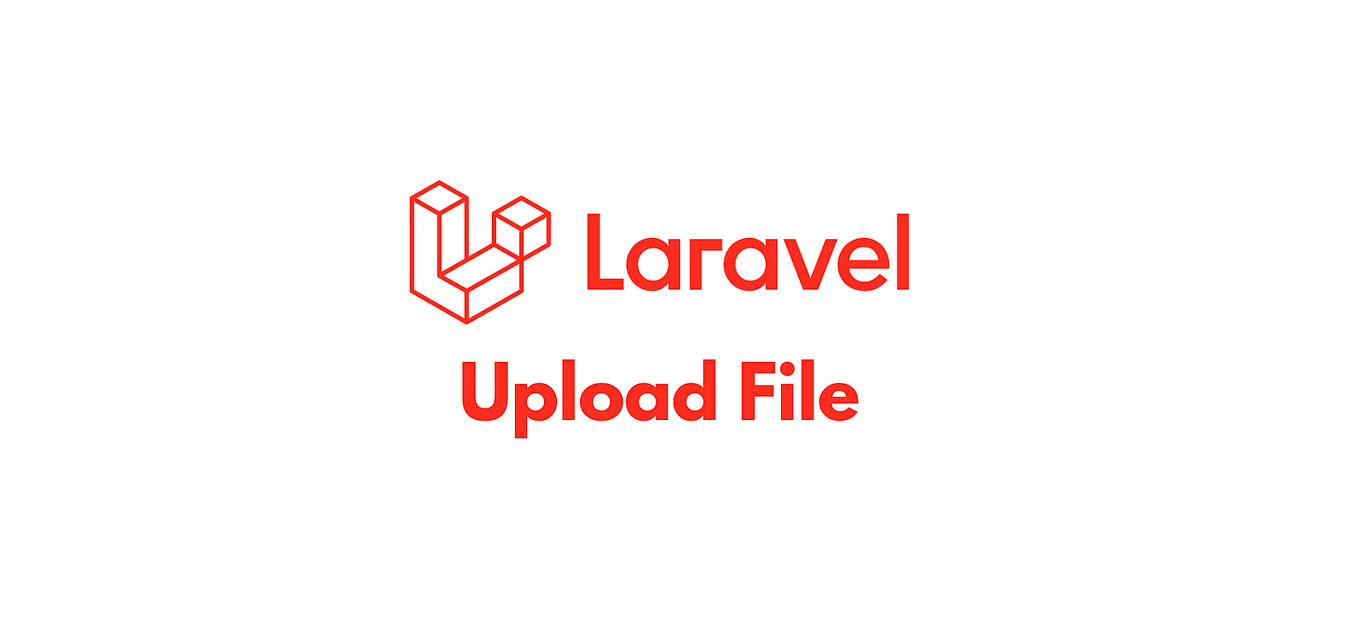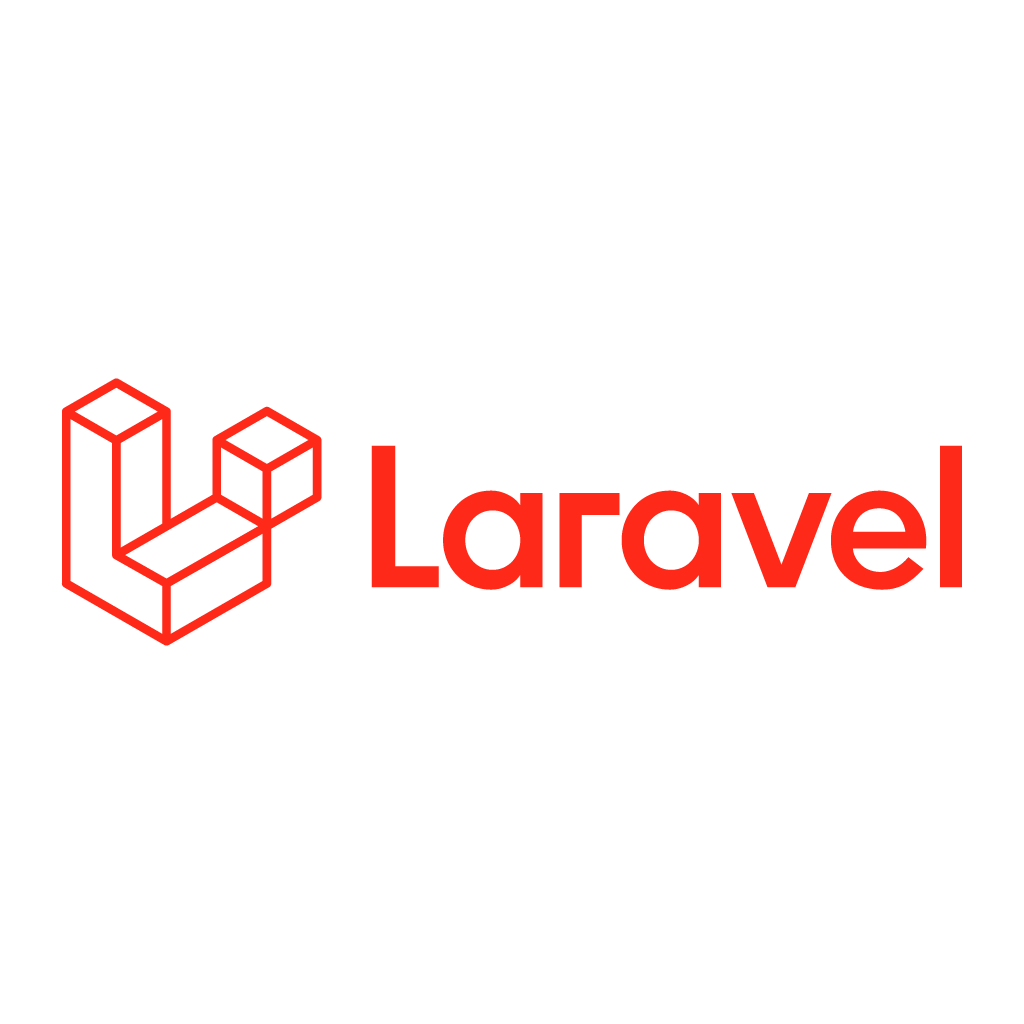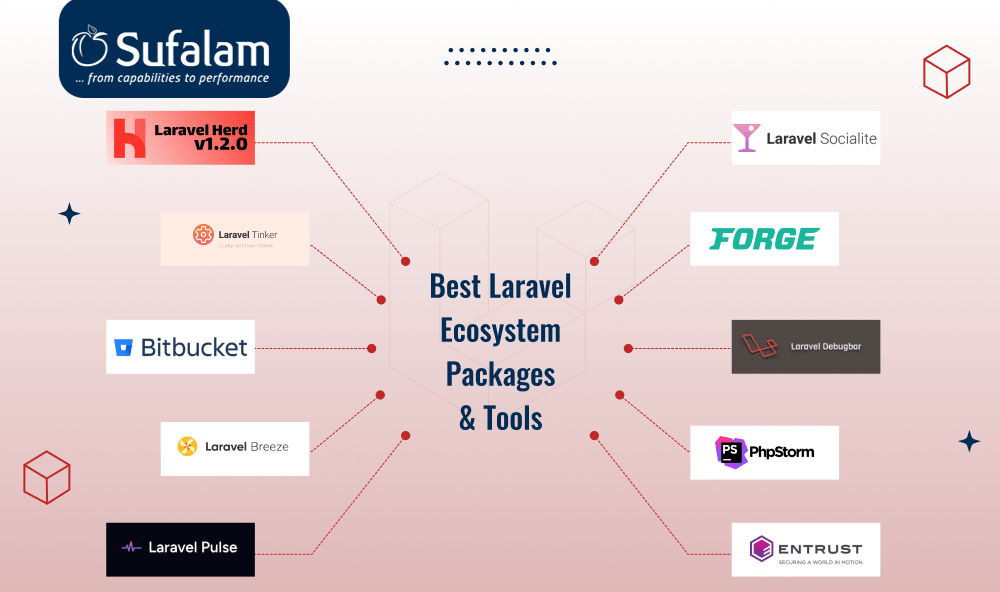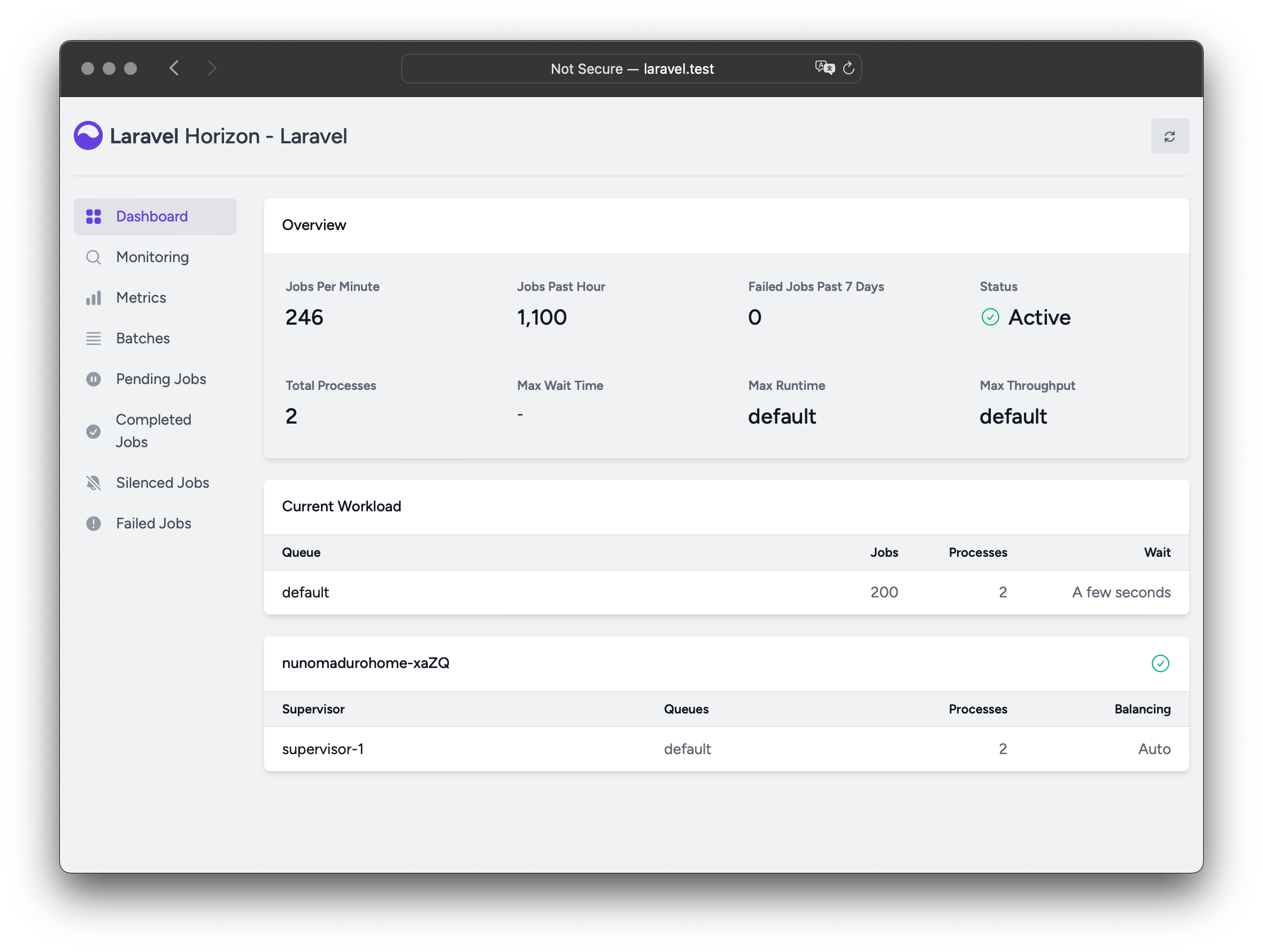
Laravel is a PHP framework that tries to make web development not suck. Sometimes it works perfectly and you ship features in hours. Sometimes you spend three hours debugging why your Eloquent relationship decided to run 500 database queries and crash your server. Millions of websites use it, which either validates your choice or confirms you're part of a collective delusion.
The Reality of Laravel Development
Laravel 12 requires PHP 8.2+ now, which breaks most shared hosting. Your production server running PHP 7.4? Time to upgrade or find a new framework.
The "elegant syntax" marketing is half bullshit. Yes, you can scaffold authentication with php artisan make:auth - until you need to customize anything beyond basic login/logout. Then you're diving into middleware, guards, and providers that assume you understand Laravel's magic method hell.
Eloquent N+1 Query Trap (You'll Hit This):
// This innocent-looking code will murder your database
@foreach($users as $user)
{{ $user->posts->count() }} posts
@endforeach
// Congratulations, you just ran 1 + N queries
You need $users = User::with('posts')->get(); but Laravel won't tell you that until your database throws SQLSTATE[HY000]: General error: 2006 MySQL server has gone away and your site goes down.
What Laravel Does Well (When It Works)
Eloquent ORM is genuinely nice for simple operations. Active Record pattern feels natural, relationships are intuitive when they're not trying to kill your DB:
class User extends Model {
public function posts() {
return $this->hasMany(Post::class);
}
}
Blade templating doesn't get in your way, which is more than you can say for Twig. Template inheritance works, components are decent, and it compiles to actual PHP instead of some abstraction layer.
Artisan commands are legitimately useful. php artisan migrate:fresh --seed will blow away your database and rebuild it, which is terrifying but saves time in development. Custom commands are straightforward to write.
Routing is clean until you need complex route constraints or subdomain routing. Resource controllers handle standard CRUD without thinking.
Performance Reality Check
The performance claims assume you've optimized everything - proper query optimization, Redis caching, OPcache enabled, the works. Most apps don't hit those numbers without serious tuning.
Laravel Octane makes things faster by keeping the framework in memory, but debugging memory leaks in a long-running PHP process will make you question your life choices. Also, most packages like Debugbar and Telescope don't work with Octane.
The Learning Curve Minefield
If you know PHP already: Expect 1-2 weeks to feel productive, 2-3 months to understand why things break in production.
If you're new to PHP: Laravel hides PHP's weird parts until it doesn't. You'll think you understand how things work until you hit dependency injection, service providers, or the facade pattern. Then it's back to the documentation for another week.

Migration horror stories:
- Laravel 5.8 to 6.0 broke every custom authentication implementation
- Laravel 7 to 8 changed how factories work, breaking all your seeders
- Laravel 9 to 10 deprecated several helper methods with no warning
- Laravel 8 to 9 changed string helpers to throw
BadMethodCallException: Method Illuminate\Support\Str::snake does not exist- spent 4 hours tracking down that one line
Laravel Sail is Docker for people who don't want to learn Docker. Works great until you need custom services or non-standard configurations.
Production Deployment (Where Dreams Die)
Deploying Laravel isn't hard until it is:
- Composer install hangs on shared hosting (runs out of memory at 128MB)
- File permissions break everything (
storage/needs 775, not 755) - Queue workers die silently (
supervisorconfig forgets to auto-restart) - lost 2 hours of email jobs before noticing - .env files get committed to git with production DB passwords
- Artisan commands time out during deployment (
php artisan config:cachetakes 30+ seconds) - Route caching breaks with closures (
Serialization of 'Closure' is not allowed)
The optimization commands you actually need:
php artisan config:cache
php artisan route:cache
php artisan view:cache
composer install --optimize-autoloader --no-dev
Skip these and wonder why production is slow.
The Bottom Line
Laravel works great when you understand its quirks and accept its trade-offs. It's perfect for shipping MVPs quickly, building standard CRUD apps, and prototyping ideas. The ecosystem handles authentication, payments, and common features without reinventing wheels.
But it's not magic. Every convenience comes with hidden complexity. Every abstraction hides performance implications. Every major version upgrade breaks something. If you're okay with that exchange - trading some control for speed of development - Laravel is genuinely good at what it does.
Just don't expect it to be perfect. Nothing is.



